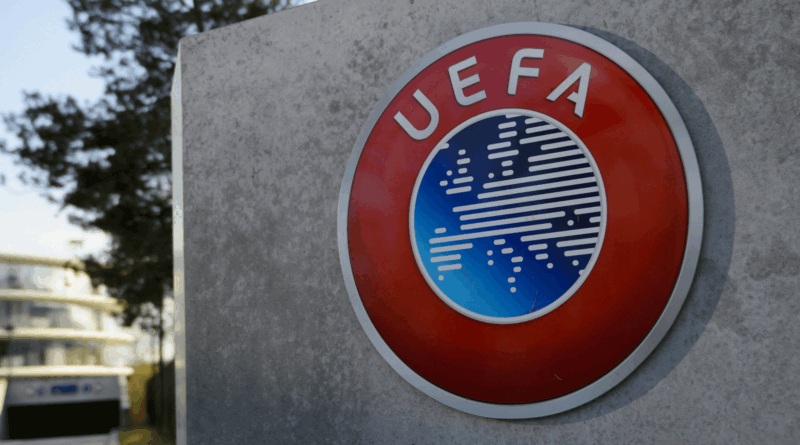UEFA Warns Clubs Over Overseas League Matches
UEFA’s caution on overseas league matches has taken center stage in European football after the governing body sent a formal letter to all 55 football associations, reminding them of the strict regulations regarding hosting domestic matches outside European territories. This move comes amidst headline-making plans for La Liga’s Villarreal vs Barcelona showdown in Miami and the proposed AC Milan vs Como fixture set to unfold in Australia—a development that has stirred debate across the football community.
UEFA’s Stance on Overseas Matches
The UEFA warning on overseas league matches is clear: federations must obtain prior approval before arranging any competitive games outside of Europe. In its official correspondence, UEFA described this as a “sensitive matter with far-reaching consequences for the integrity and structure of the game.” The letter seeks to safeguard not only the interests of European football but also to uphold the traditions and competitive balance that are integral to domestic leagues.
High-Profile Fixtures at Stake
Given the global popularity of clubs like Barcelona and AC Milan, the proposal to play La Liga and Serie A fixtures abroad has generated both excitement and controversy. The Villarreal vs Barcelona clash, earmarked for Miami, would mark the first time a top-flight Spanish league game is contested outside of Spain, reflecting La Liga’s ambition to boost its international brand.
Meanwhile, AC Milan and newly-promoted Como’s planned meeting in Australia underscores the growing appetite for European football among fans worldwide. Such events are often marketed as a way to increase the league’s global visibility and commercial appeal. However, UEFA’s reminder signals that the push for expansion must still operate within a regulatory framework designed to protect the sport’s core values.
Potential Implications for European Football
The debate around UEFA’s warning on overseas league matches revolves around several key issues. At the forefront is the question of sporting integrity. Critics argue that shifting games abroad could distort competition by undermining the traditional home-and-away format that ensures fairness. There are also logistical concerns around travel, player welfare, and the impact on loyal local supporters who might be deprived of watching their teams at home.
Yet, advocates for globalization point to the immense commercial opportunities and the chance to connect with a broader international fanbase. They emphasize that carefully managed overseas matches could help clubs and leagues grow revenues, attract sponsors, and foster goodwill among global supporters.
Legal and Institutional Hurdles
UEFA’s stance is backed by both FIFA and European domestic league organizations, which have also expressed reservations about matches outside their home jurisdiction. Legal experts note that any attempt to stage matches abroad without UEFA’s blessing could trigger disciplinary measures, ranging from fines to exclusion from European competitions.
The Spanish Football Federation (RFEF) and the Italian Football Federation (FIGC) have indicated that they will adhere to UEFA’s guidelines, although some league executives remain keen to push the boundaries. The tension between commercial innovation and football governance is likely to intensify as clubs seek new revenue streams in the face of rising costs and financial challenges.
Looking Ahead: The Future of Overseas League Matches
While UEFA’s warning on overseas league matches is designed to preserve the sanctity of domestic football, it also highlights the evolving nature of the sport in a globalized world. The growing demand for live European football in North America, Asia, and Australia is unmistakable. Clubs are eager to tap into these markets—not only to boost their brands but also to secure long-term financial stability.
However, the challenge will be to strike a balance that respects tradition, ensures fair competition, and allows for responsible innovation. A collaborative approach involving UEFA, domestic leagues, and club stakeholders will be essential to developing guidelines that can accommodate both the preservation and the evolution of the European football landscape.
Opinion: Safeguarding Tradition While Embracing Change
As the debate unfolds, it’s clear that UEFA’s warning on overseas league matches touches upon the very heart of what makes European football special—its deep-rooted community ties and competitive integrity. While expanding the game’s reach is important, any move abroad should be carefully regulated to protect the interests of fans, players, and the game itself. Ultimately, innovation should not come at the expense of tradition. For a balanced perspective on this developing story and more updates from the world of football, visit our homepage for more news.
Your global gateway to nonstop football coverage:
News Goal
Share this content:
